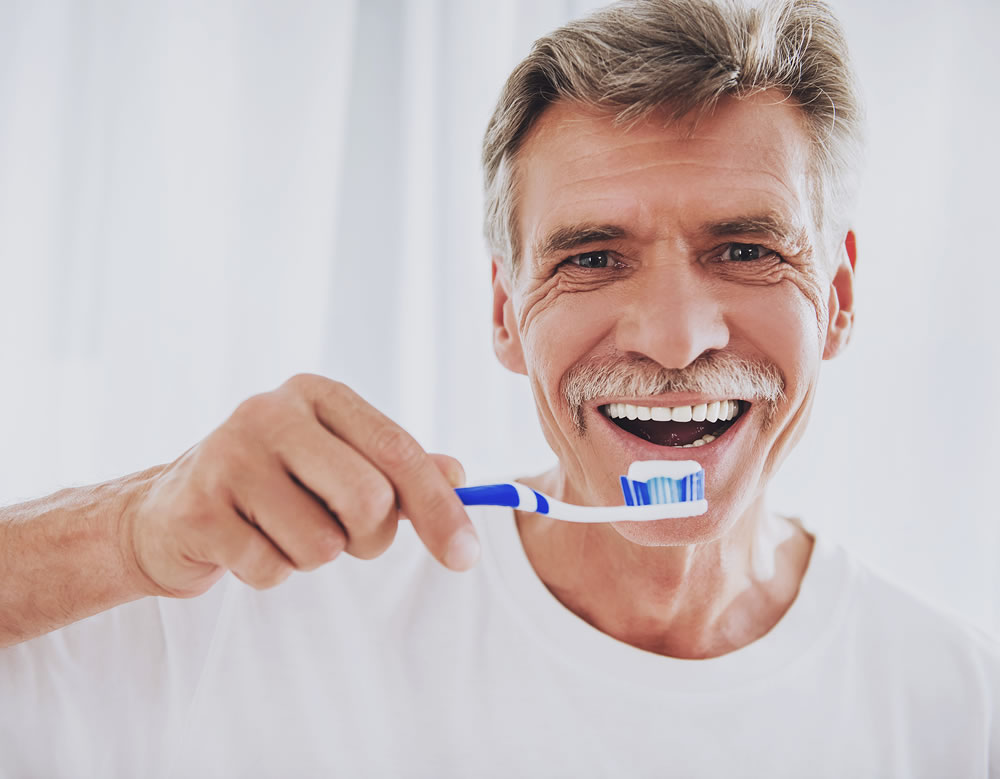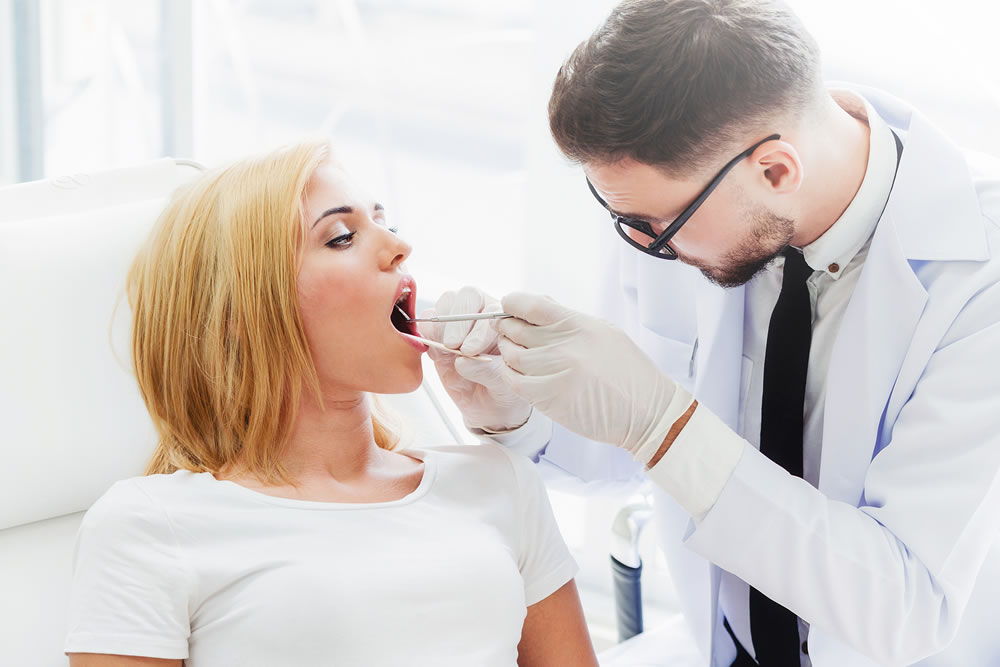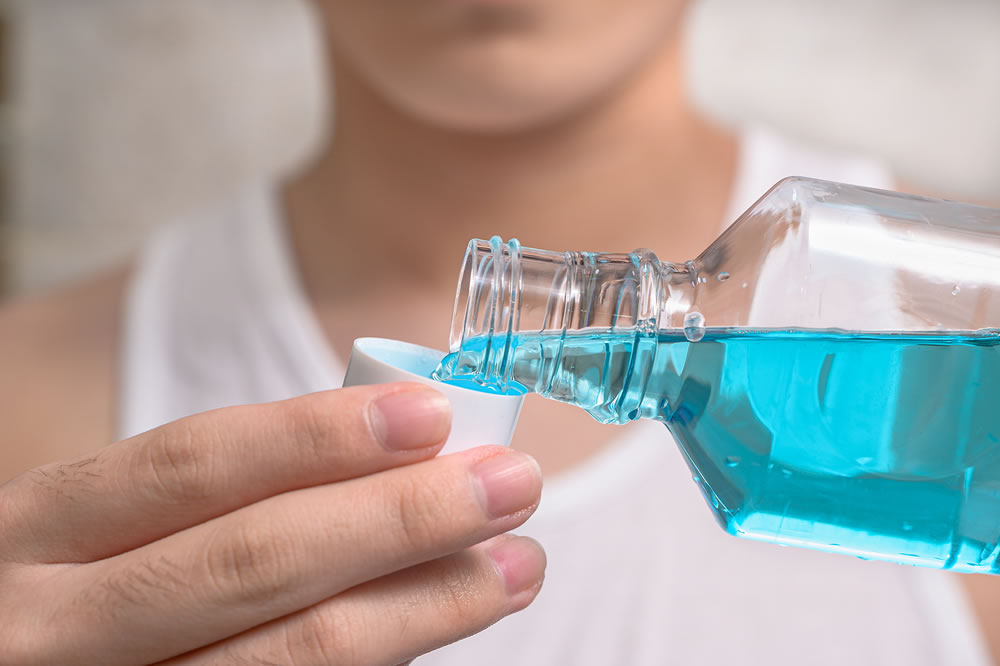Anyone who has experienced dental issues knows just how important it is to keep their teeth and gums as healthy as possible to avoid unnecessary pain and costly dental bills, and it will always come as positive news to learn that it is possible to achieve excellent oral health with daily care and a whole host of good habits.
It isn’t just dental health that benefits from the extra effort you put into your teeth and gums, as it plays a critical role in your overall health, too. Ignoring your oral health may lead to certain respiratory issues, digestive problems, and sometimes, even heart diseases. While these issues take time to develop and may occur because of other conditions as well, it is best to ensure you pay attention to your dental health in any case. After all, your smile and fresh smelling breath are some of your greatest assets.
Most people think oral health is only about regular brushing and flossing, but it also involves taking care of your gums, cavities, tooth decays, plaque, gingivitis, and tooth loss. Most of these dental issues can be avoided by ensuring your dental health is looked after by both yourself and your dentist. When selecting a dentist, don’t be afraid to do your research, read reviews, and even go as far as to ask them if their dental tools and implements have purchased from a good quality dental supply store. If you are a nervous patient when it comes to having dental work done, then being assured of all aspects will help things run smoothly for you.
If you would like to avoid dental work as much as possible, what can you do to ensure your next appointment is simply a check-up and nothing else? Read on for six tips on improving your dental health.
Brush daily

Brushing twice daily helps control plaque, bad breath, harmful bacteria and also keeps teeth clean. While brushing is one of the most critical aspects of oral health, how you do it matters more than just randomly brushing in all directions. The technique doesn’t require much skill, just awareness. You should brush teeth in small circular motions starting with each quadrant, brushing for 30 to 45 seconds, and then moving on to the next.
While purchasing a toothbrush, it is also prudent to use a soft-medium bristled one instead of a hard-bristled one. Hard bristles may cause tooth sensitivity (with prolonged use) by eroding the protective enamel. It is best to change the brush or brush head (if using an electric toothbrush) every three to four months.
Regular use of floss

Flossing helps remove remnants of food particles between teeth, plaque, tartar, and bacteria. Flossing is excellent for reaching spaces between teeth where the bristles of the toothbrush cannot reach. Flossing also helps prevent bad breath caused by any rotting food debris that can get stuck between teeth.
To floss correctly, it is best to push the floss all the way down between the gap in your teeth before gently hugging the sides of the teeth. Once done, you should use gradually up and down motions to remove all the food particles. The regular use of floss also helps prevent bleeding of gums.
Visit the dentist

Elleven, one of the best dentists in London, recommend visiting the dentist once every six months – that’s twice a year. While it is best practice to regularly brush teeth, floss, and use mouthwash, visiting the dentist is excellent for prolonged maintenance of your oral health and hygiene. The dentist will examine your mouth for gum disease, hardened tartar and plaque, and check the teeth for gaps, cavities, or damage.
It is prudent to seek advice on proper oral care according to the current health of your teeth – some people have severely damaged teeth and may need medicated toothpaste, specific types of floss, or a change in the toothbrush.
Use a mouthwash

When visiting the dentist, it is ideal to ask which mouthwash is best suited for your teeth. Each mouthwash has a specific use (tartar, bad breath, gingivitis, certain bacteria-removal), and some may even need a prescription. Mouthwash helps control plaque and tartar build-up, gingivitis, and bad breath.
Mouthwash gets into all the tiny crevices in the mouth where floss and bristles cannot reach. It helps clean the mouth’s soft tissues and ensures that even the back of the wisdom teeth are cleaned thoroughly.
Avoid smoking

All doctors will tell you about the harms of smoking, and in addition to being a risk factor for oral and lung cancer, smoking can cause severe bad breath, discolouration of teeth, and an increased risk of gum disease. Smoking also affects the body’s immunity and may cause tissues to heal much slower than average.
Smokers tend to have weakened gums, stained teeth and do not recover quickly from dental procedures. It is best practice to ask a doctor about smoking cessation and ensure that your oral and general health and wellbeing are prioritized in the long term.
Consider what you are eating and drinking

Apart from the points mentioned above, it is also a good idea to gradually decrease excess sugar intake from carbonated drinks, desserts, juices, and alcoholic beverages as excessive sugar intake can lead to cavities in teeth. Limiting coffee intake (to avoid teeth sensitivity and stains) and eating a nutritious diet can also help improve your dental health.






















